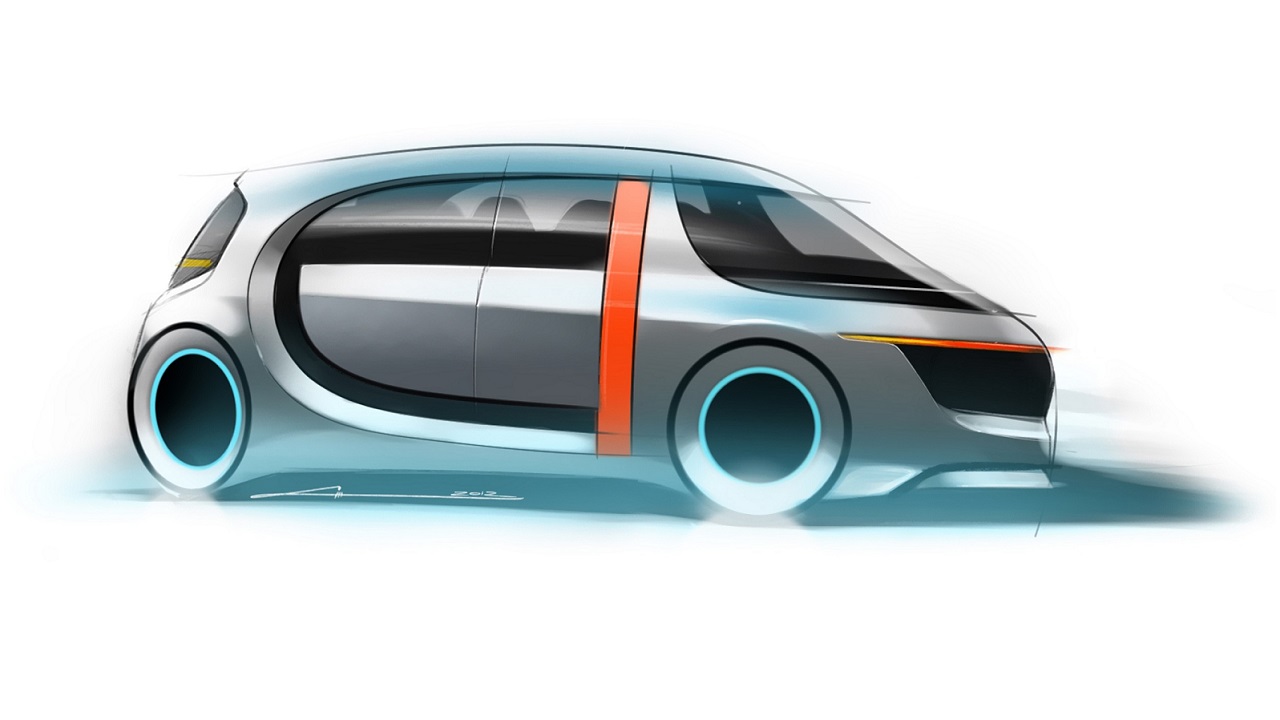- AquaCycle
- Proteins4Singapore
- Singapore's Pathway to Carbon Neutrality
- CellFACE
- LightSPAN
- Computational Modelling Group
- Energy and Power Systems Group
- SITEM - Singapore Integrated Transport and Energy Model
- MoVES (Mobility in Vehicular Environments at Scale) lab
- Projects
News

An Electric Taxi for Singapore
19.03.2012TUM CREATE is researching innovative technologies and future transportation concepts for tropical megacities. The focus is on developing electric transport solutions that will be applicable to Singapore and cities worldwide. TUM CREATE is a joint research programme between Technische Universität München (TUM) in Germany and Nanyang Technological University (NTU) in Singapore with funding by National Research Foundation of Singapore. Over 90 scientists and engineers are involved in this 5-year long project.
One of TUM CREATE’s current endeavours is to design and build the world’s first purpose-built electric taxi. When the team started collaborating in early 2011, they were given the challenge to design and build a cutting-edge electric vehicle for Singapore. They decided to focus on developing a taxi for several key reasons. First of all, they were attracted by the unique problems posed by taxis: most personal cars run for only a few hours per day, but most of Singapore’s taxis are shared by two or three drivers and run for 24 hours a day, 7 days a week. Inventing a battery system that does not require overnight or frequent charging is one of the key challenges facing the electric car industry and TUM CREATE’s scientists. Secondly, the impact of taxis is enormous. Taxis make-up only 3% of all vehicles in Singapore, but they consume roughly 14% of all fuel. Finally, when a visitor arrives in a city, the first impression they get is from the interior of a taxi. In the same way that London’s black cabs are synonymous with the city, TUM CREATE aims to design an iconic taxi that becomes a symbol for Singapore. Singapore and other tropical megacities provide a particular challenge – finding an innovative solution to continuous air-conditioning demands, a further demand on the battery and car design.
The research project includes all aspects of electric transport - ranging from the most basic sub-molecular components of batteries, to the taxi design itself, and extending to city-wide infrastructure systems. The scientists and engineers are exploring cutting-edge concepts including solar-powered parking lots, high-speed battery charging, wireless charging and other radical technologies.
As Professor Ulrich Stimming, CEO of TUM CREATE says, “Germany is a global front-runner in vehicle design and production, while Singapore leads the way in high-tech parts production. Together we are working with the best scientists and engineers from both countries to develop far-reaching innovations in electric transport for megacities. The taxi is only one part of the project. It is the platform for testing all the new technology that we are developing.”
The team’s design workshop in early March, which included over 20 engineers and designers from Singapore and Germany, resulted in a preliminary concept (see image above). The final product will be a taxi built and tested by the team. A demonstrator vehicle is scheduled to be released in 2014.
The programme offers considerable potential for start-ups and spin-offs, creating jobs and further knowledge and know-how. Similar results have been achieved in TUM’s home campus in Germany, where the strong cooperation between TUM and its industry partners fosters the creation of new small high-tech companies. TUM CREATE has already attracted the interest of several German companies. Industry partners already working with TUM CREATE include IBM, Bosch, Infineon, Siemens and Singapore Technologies.
Please contact communications@tum-create.com.sg for further information and high resolution images.
Contact:
Corporate Communications TUMCREATE
1 CREATE Way
#10-02 CREATE Tower
Singapore 138602Media and Communications
communications@tum-create.edu.sg

